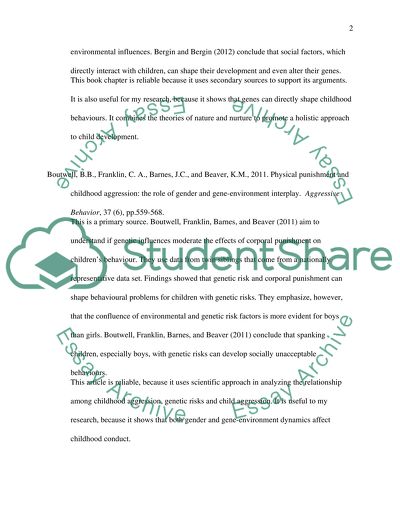Cite this document
(“Nature versus Nurture in Child Development Essay”, n.d.)
Retrieved from https://studentshare.org/psychology/1450300-s-nature-or-nurture-stronger-in-development-of
Retrieved from https://studentshare.org/psychology/1450300-s-nature-or-nurture-stronger-in-development-of
(Nature Versus Nurture in Child Development Essay)
https://studentshare.org/psychology/1450300-s-nature-or-nurture-stronger-in-development-of.
https://studentshare.org/psychology/1450300-s-nature-or-nurture-stronger-in-development-of.
“Nature Versus Nurture in Child Development Essay”, n.d. https://studentshare.org/psychology/1450300-s-nature-or-nurture-stronger-in-development-of.


